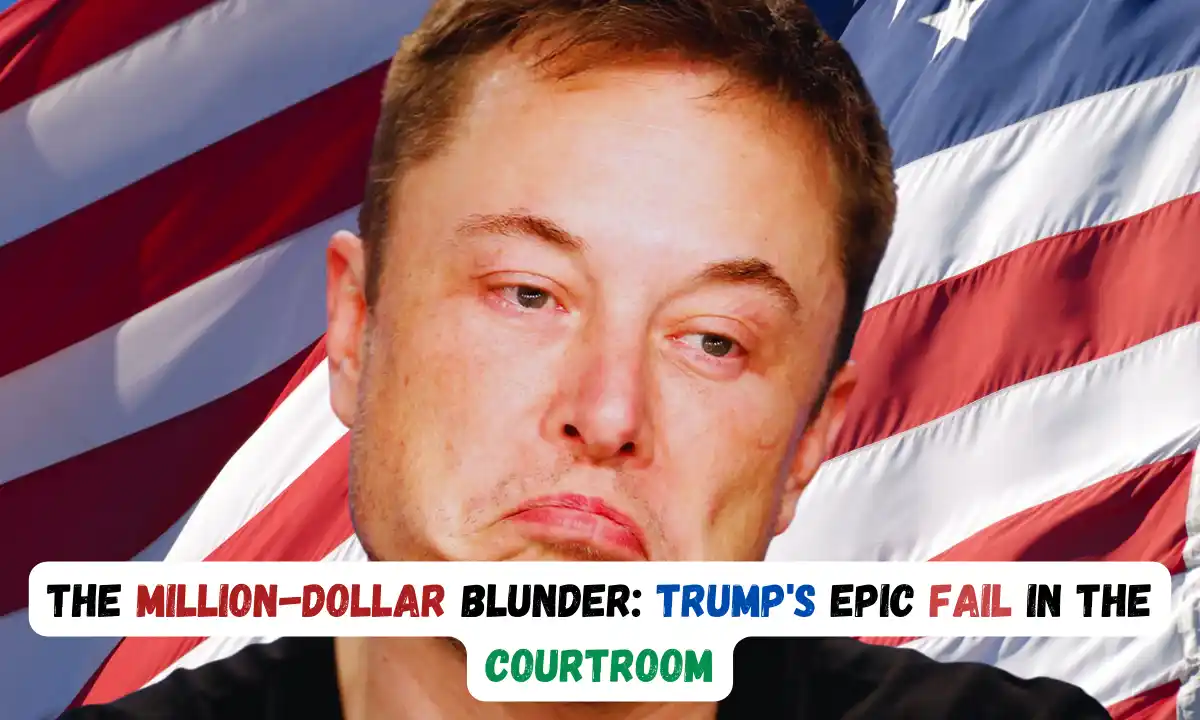
U.S. Shuts Down Elon Musk’s $900 Million Dream
The recent denial by the U.S. Federal Communications Commission (FCC) of SpaceX’s $900 million subsidiary has stirred significant attention. The denied subsidiary was sought under the Rural Digital Opportunity Fund (RDOF) program, designed to infuse billions into the construction and operation of rural broadband networks. The FCC’s goal is to target areas lacking broadband access across the country.
The Starlink Initiative
SpaceX, primarily a space exploration and transportation manufacturer, has, under Elon Musk’s vision, expanded into satellite broadband with Starlink. Starlink, the world’s first satellite internet constellation, employs low-orbiting satellites to provide fast and reliable internet globally.
Musk’s Application and FCC Rejection
Elon Musk, recognizing Starlink’s alignment with the RDOF program, promptly applied. However, the FCC rejected the application, citing a failure to meet basic program requirements. The FCC’s report highlighted SpaceX’s promise of a service it couldn’t demonstrate and deemed Starlink as not the best use of limited resources.
FCC’s Stance and Criticisms
FCC Chairperson Jessica Rosenworcel defended the decision, emphasizing a thorough review process that concluded the applicant failed to meet its burden. Despite this, not all FCC members, including Commissioner Brendan Carr, concurred. Carr argued that the rejection lacked objective justification, attributing it to a perceived pattern of regulatory harassment by the Biden administration against Musk.
Musk’s Accusation Against Biden
Elon Musk, echoing Carr’s sentiment, asserted that the denial was a result of his strained relationship with President Joe Biden. Musk claimed the decision “doesn’t make sense” and accused the FCC of changing the rules to hinder SpaceX’s competition.
Contesting the “Rules” of the Program
The FCC contended that Starlink did not meet program requirements. Musk countered, stating that the promised service would be ready by 2025, aligning with the program’s start. Commissioner Carr sided with Musk, criticizing the FCC for unfairly expecting 2025 services at the time of application.
Impact on Rural Americans
Musk emphasized that the true victims of the FCC’s decision are rural citizens in need of broadband. Carr acknowledged that without services like Starlink, rural residents would remain “on the wrong side of the digital divide.”
Starlink’s Success and Profitability
Despite the setback, Starlink, along with its parent company SpaceX, boasts remarkable success. In 2022, Starlink generated $1.4 billion, with projections soaring to an impressive $10 billion next year. The venture’s profitability underscores its potential to address rural broadband challenges at scale.
Musk’s Vision for Starlink
Elon Musk remains undeterred, outlining plans to expand Starlink’s reach through an additional 5,000 satellites. Experts anticipate continued success for this groundbreaking technology. Musk asserts that Starlink is the sole entity actively working to “solve rural broadband at scale,” questioning the validity of the FCC’s decision.
In conclusion, the denial of SpaceX’s RDOF application has sparked controversy, with Musk attributing it to political animosity. The FCC’s decision, though defended by some, faces criticism for its potential negative impact on rural communities. Meanwhile, Starlink’s proven success and Musk’s unwavering commitment suggest that this setback will not hinder the ambitious goal of bridging the digital divide.





